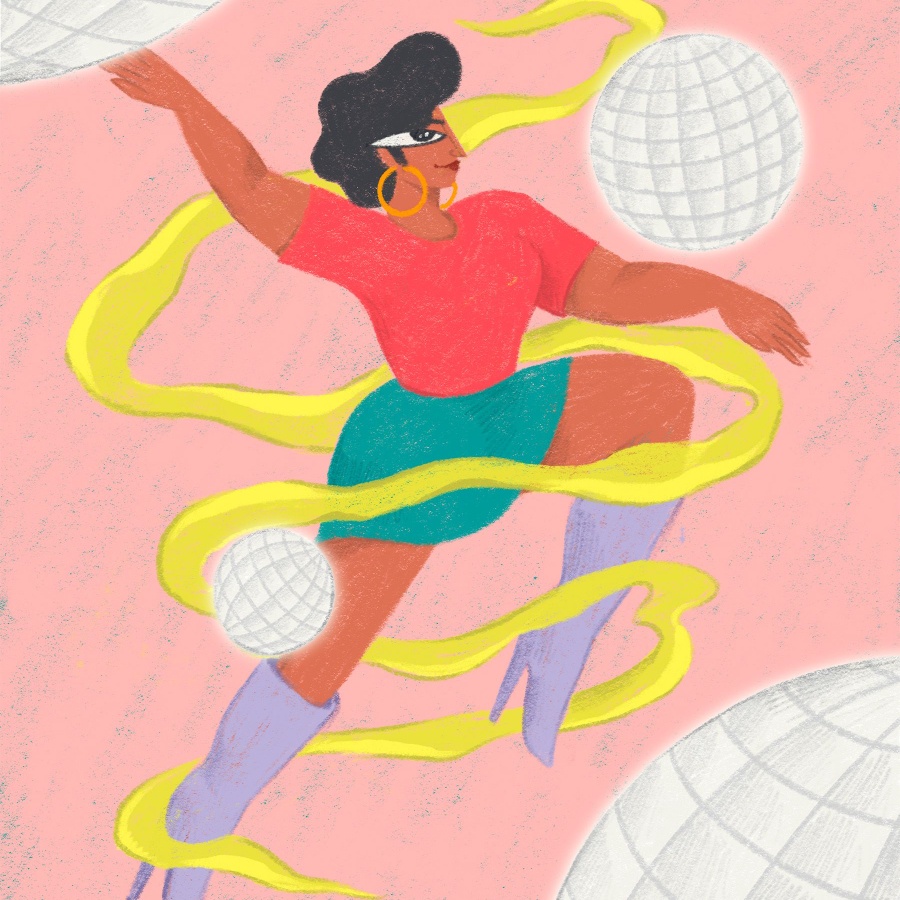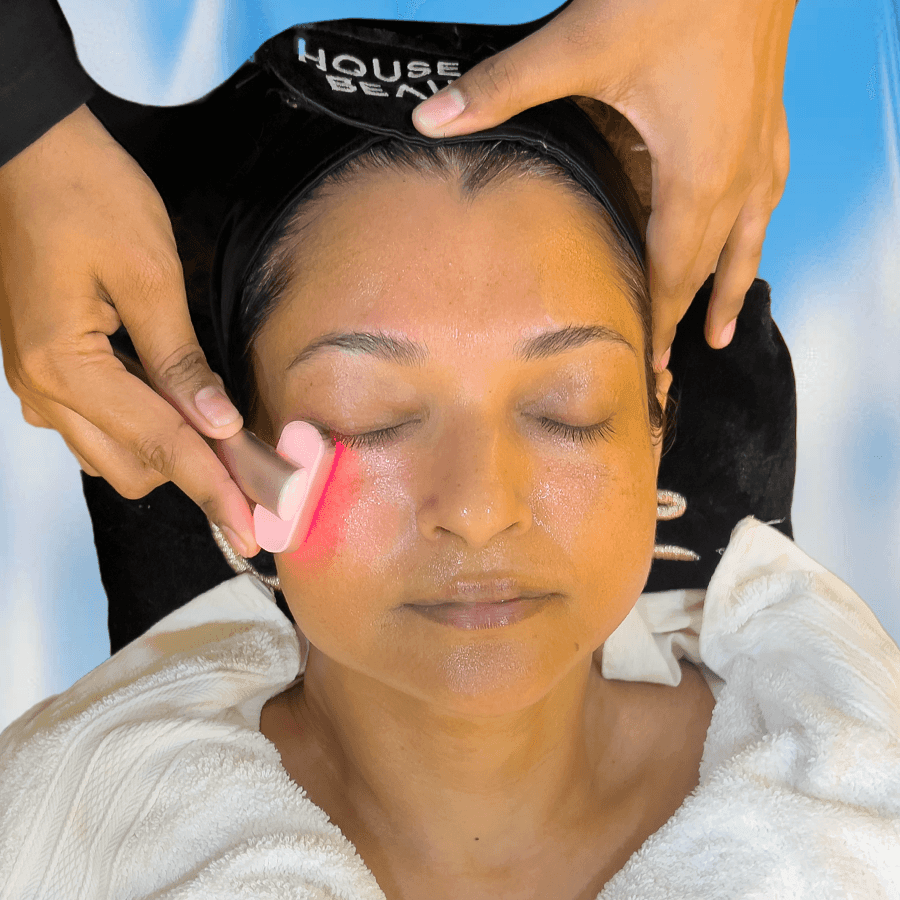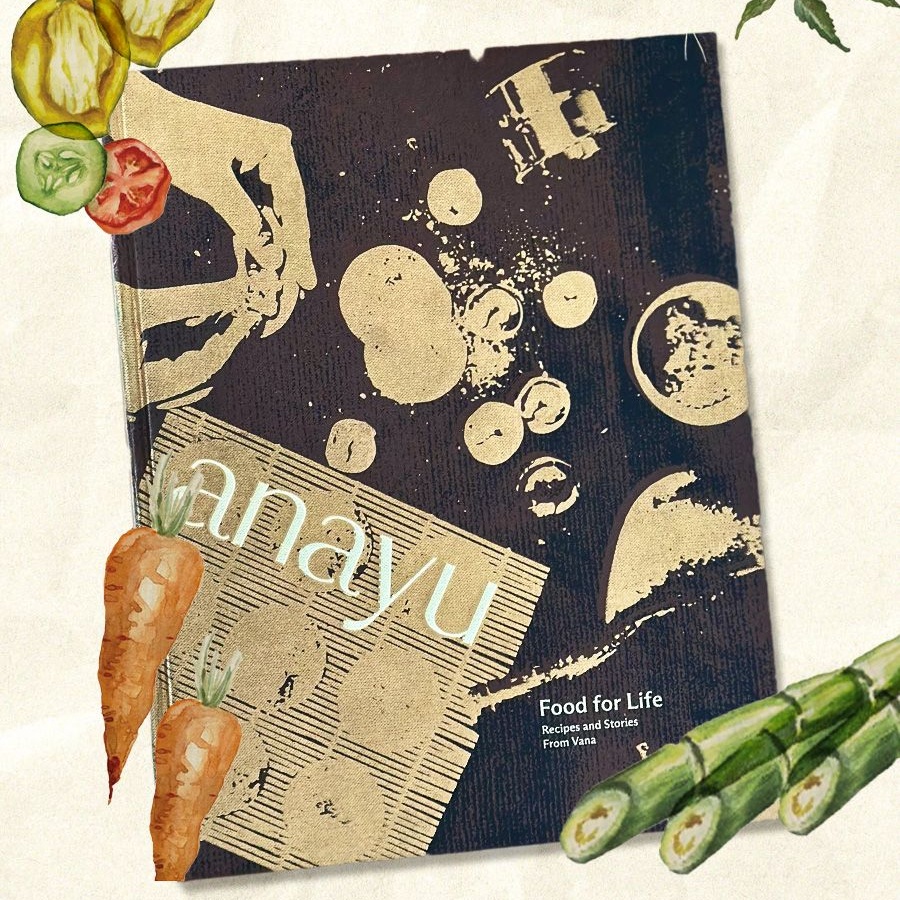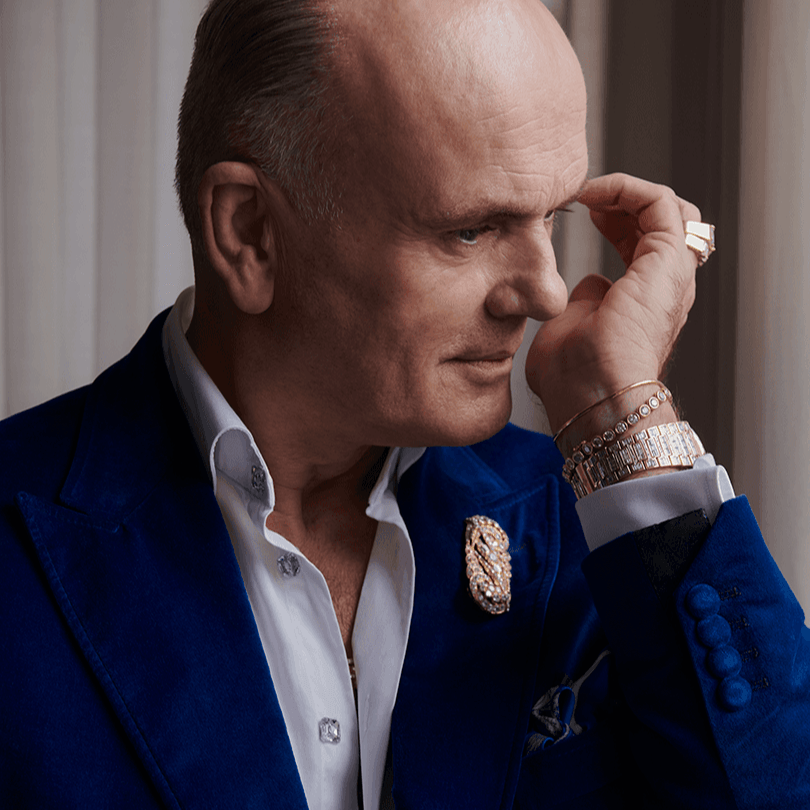The first time I used shopping as an emotional crutch was in my early twenties. Fresh out of Law school, I had just started my first “big girl” job and was going through a painful breakup. Like my fictional friend Carrie Bradshaw, who frequently turned to retail therapy to navigate emotional highs and lows, I believed shopping was the answer to my problems. I thrived on the feeling of coming home with multiple shopping bags full of possessions that were mine; it was the ultimate escapism.
Over the years, my habit grew deeper. Powerful advertising campaigns, the prevalence and ease of online shopping, and my desire to express financial independence led me down the path of what we now call overconsumption. This isn’t just my personal struggle; it’s a global phenomenon. Overconsumption has exploded worldwide, fuelled by social media influence, rising incomes, and digital transformation. In India, for example, the consumer economy is projected to become the third largest globally by 2026, according to the India Brand Equity Foundation.
We’re increasingly using material possessions to fill emotional voids. Mentally, we’ve become obsessed with others’ purchases, falling down rabbit holes of binging money diaries and glamorising “how much I spend” videos. Our spending choices are not only influenced by our personal likes and dislikes but also by what is trendy and what others perceive is necessary to fill our emotional voids.
Where possessions equal status
Equating status to the inhabitants of our wardrobe is a slippery slope. “Our society puts a premium on status. We put more emphasis on the acquisition of goods, rather than skills, talents, and character, as the signal for a person’s status,” explains board-certified psychiatrist Dr Sue Varma, who’s also the author of Practical Optimism. “No one likes to feel left out—but there can be a high price to be paid for the illusion of fitting in.”
In an effort to curb overspending and falling into the deep pockets of capitalism, Gen Z has even created new financial vocabulary, like “loud budgeting” and “soft spending”, as responses to the money dysmorphia that plagues us. These concepts are meant to give consumers financial literacy and to make the idea of money management more appealing. But what if, instead of merely modifying our spending habits while still participating in overconsumption, we did something radically different? What if we all just stopped spending?
To stop buying, you need the right tools
In her book No New Things, released in April this year, author Ashlee Piper presents a compelling challenge: abstain from buying new things for one month (with reasonable exceptions for necessities like food and shelter, as well as experiences).
Piper draws from her own complicated relationship to consumption and how she was trapped in “a never-ending cycle” of working to pay off debt accumulated from purchases she believed would fix her life before realising she needed to make a change. Like many of us, shopping became Piper’s recreation, with e-commerce her nightly ritual and scrolling through her phone before bed to purchase the next influencer-endorsed item the source of that dopamine “hit”. Science confirms this pattern: when browsing stores or shopping online, our brains release “the happiness hormone”. Over time, we form a powerful association between shopping and feeling good, creating a cycle that is difficult to break.
The goal of her 30-day challenge is not to prohibit you from ever spending or to be anti-new-things, but to really pause and find peace in the items you already have and only purchase those that will bring you joy. “We’re so consumed by consumerism that we see it as the antidote to everything. Depending on how we’re feeling and what we need, buying stuff can be conflated with security, entertainment, and enrichment,” writers Piper.
Shama Jhaveri, 35, from New York tried this challenge to break free from purchasing new items whenever she was stressed at work or something was going on in her life. “I needed a structured way to help me stop overconsuming and to be happy with what is already in my closet and home. By not scrolling the internet at all hours of the night or splurging on non-essentials, I have bought myself extra time to figure out what I really value,” she says.
Decluttering is the key
Before Piper, others like Marie Kondo have evangelised this approach of taking inventory of what you already own and releasing items that no longer serve you or “spark joy”. Piper takes this act of self-care one step further by not only decluttering what you currently have but refraining from purchasing anything additional unless it’s necessary. “I’ve seen a simple declutter literally shift someone’s trajectory and spirit,” Piper writes. “Science supports that organising our spaces boasts unexpected benefits, like healthier bodies, better sleep, enhanced cognitive function, and even fewer accidents.”
This approach has earned medical validation as well. Dr Varma identifies decluttering as essential for mental health. She notes a relationship with peace in your physical environment directly translating to peace within yourself. The process doesn’t need to be tedious or overwhelming either. Instead, begin with small, consistent habits, like hanging clothes properly, washing dishes nightly, or establishing a weekly laundry routine. These simple practices become habits, and over time, reduce stress and preserve mental energy for the bigger things in your life.
Wendy Trunz, head organiser at Jane’s Addiction Organization, emphasises that “having a space that is decluttered not only leaves you with things that bring you joy but also allows your home to feel more like a sanctuary”. You don’t even need to be a minimalist, but just someone who consciously purchases items when there’s a need rather than an urge.
This lifestyle opens the door to authentic happiness built on meaningful connections rather than material possessions. As Piper explains, our worth isn’t defined by our stuff, yet our relationship with our belongings reflects our relationship with abundance. When we recognise the abundance already present in our lives, we naturally break free from the cycle of overconsumption that otherwise traps us.







